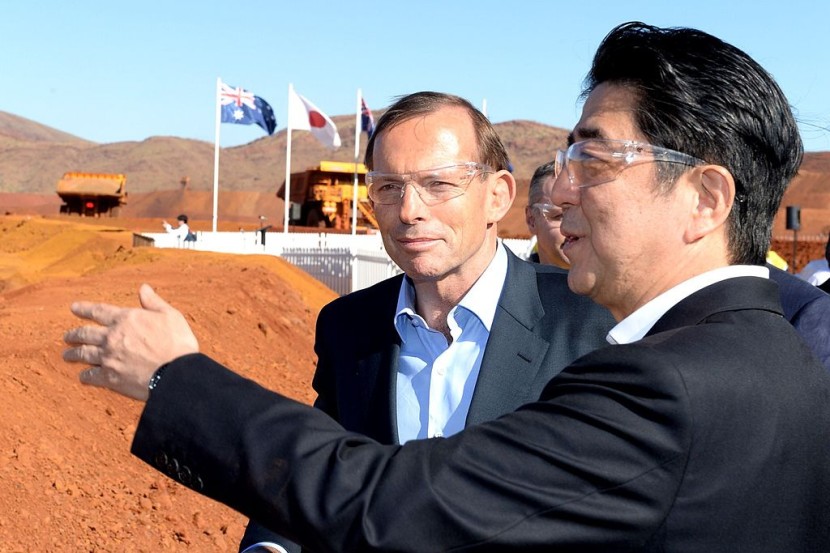
The Chinese demand for Australian iron ore is not affected by trade tension and remains unaffected. China's market for it is very profitable, with the highest prices in ten years.
Chinese Demand for Australian Iron is great
Other Australian exports are doing poorly due to sanctions from Beijing, which has adversely affected everything but ore reported the Epoch Times.
In 2021, the iron export giant Rio Tinto said their mining operations have been going well and operating smoothly.
According to the firm, iron ore went up by 7% in the first quarter of this year, according to the company's first-quarter production results (pdf). Indicating the demand in China for the ore has gotten great, as it needs these resources badly.
The report indicated that "China's industrial economy will continue to grow at a fast pace." Metal prices in China finished the first quarter at decade highs, with construction activity and steel demand at their highest levels since 2018."
However, it did say that China's emphasis on reducing emissions would likely limit production and affect iron ore exports.
According to Market Index, the price of the mineral is currently around US$176 per tonne. On Tuesday, the ore is trading at US$189.61 per tonne, then according to Fastmarkets.
China produced 83 million tonnes of crude steel in February alone, just under ten times the next highest producer, India, according to worldsteel.
"Because iron ore is Australia's single largest export with the Chinese demand for Australian iron ore that dwarfs coal and agricultural exports in terms of value, its continued price rise to levels well above most analysts' estimates will result in further upgrades to mining-company profit growth this year, says the source."
UN Nuclear Watchdog Says Iran Is Enriching Uranium to 60 Percent
The Wall Street Journal reported that "the consensus forecast for income this financial year is now a 70% increase," according to AMP Capital Chief Economist Shane Oliver.
Despite China's ongoing economic intimidation, the Department of Foreign Affairs and Trade (DFAT) announced that overall trade fell by only 2% year on year.
Department of Foreign Affairs and Trade (DFAT) Chief Economist Jennifer Gordon revealed in a Senate hearing that even if iron ore exports were removed from those estimates, Australia's commodity exports fell by 40%.
"The equivalent prices for China are down 7.5 percent when contrasting the second half of 2020 to the second quarter of 2019," Gordan said. "This corresponds to a 20% rise in the amount of iron ore exports. Even so, if iron ore exports are exempted, the drop is 40%."
According to DFAT, the price of coal that Beijing has barred from entering the country has plunged by 83 percent. Also, 40 coal-laden ships were currently stuck off the coast of China, some for "several months."
Despite existing trade tensions, Treasurer Josh Frydenberg informed West Australia's "Leadership matters" breakfast that China's want of iron ore brings him optimism that exports will grow.
"This is because China is not only increasing to modernize, but it is now the world's top steel exporter, hiring tens of thousands of people across the country," he clarified.
After Australian Foreign Minister Marise Payne called for an international review into the origins of the CCP virus, Beijing began imposing restrictive trade restrictions on several Australian exports (novel coronavirus).
The Chinese demand for Australian iron ore is affected by a possible cancellation of their agreement by new federal oversight powers.
Iran Builds New Construction at Underground Nuclear Site with US Tension








